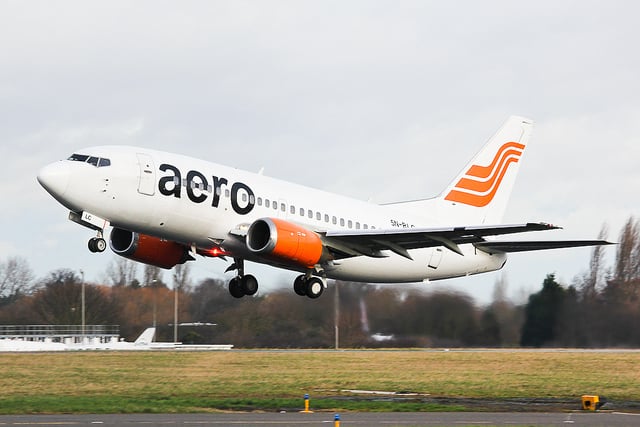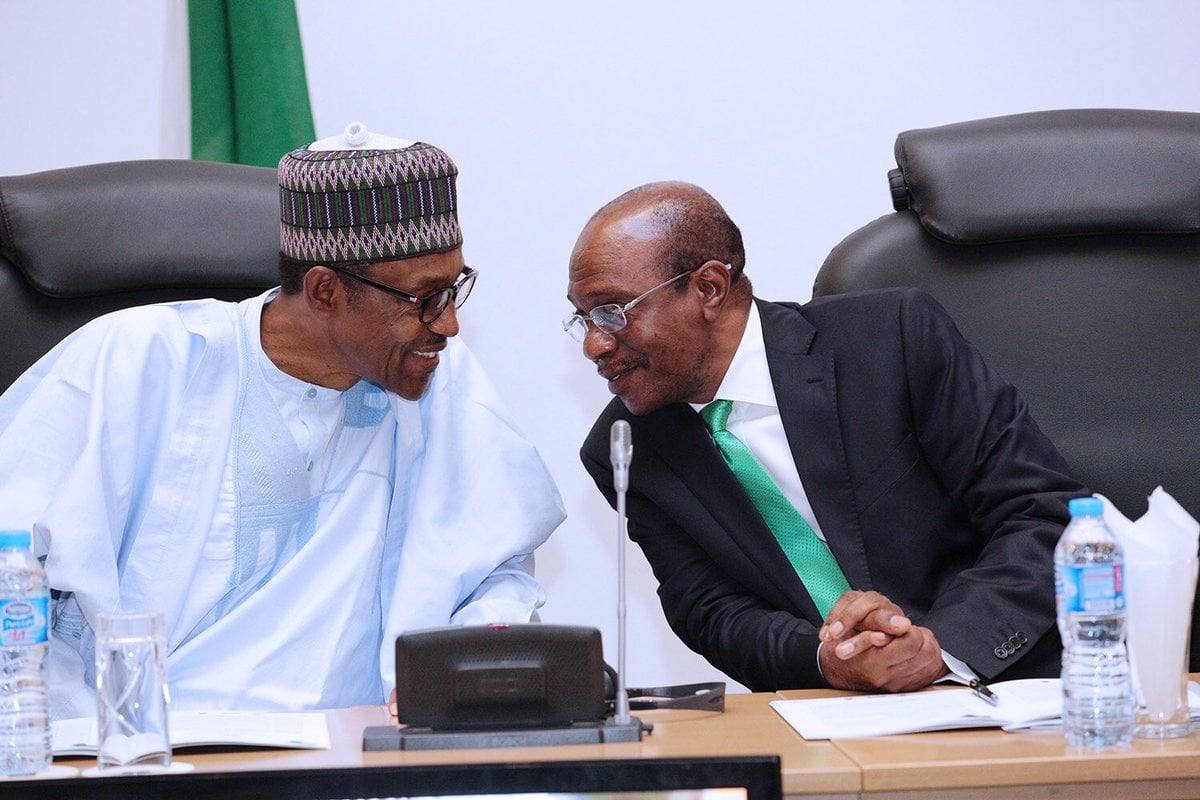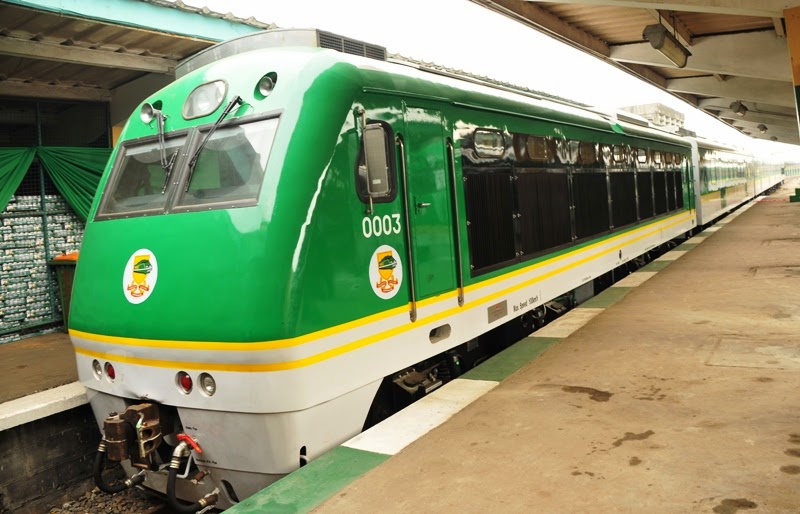Two Nigerian airlines announced a shutdown – or suspension – less than 48 hours after the National Bureau of Statistics (NBS) confirmed that Nigeria is in its worst economic recession in 29 years.
Is it some sort of coincidence that the ailing airlines waited for the official recession report before they called their own recession? We do not think so. It is the most convenient time to finally let go of your staff – understandably.
Here are seven reasons why these airlines are shutting down their businesses, and why your favourite airline may be next:
RECESSION
Advertisement
Nigeria is officially in a recession. In a recession, there is reduced economic activity, less travels, less patronage for airlines, and inevitably, less or no profit.
With little or no profit, businesses struggle to maintain cash flow, and therefore look to diversify. For some of them, this works; for some others, diversification fails. In a recession, virtually all sectors are hurting and shedding costs, hence, diversification may fail, and losses continue.
In any case, as long as a business continueS to post losses and its cash flow continues to dry up, it may have no choice than to shut down.
Advertisement
HEAVY STAFF-TO-PROFIT RATIO
According to Ahmed Kuru, managing director of the Asset Management Company of Nigeria (AMCON), Aero Contractor was a dilemma for AMCON, which took over the airline in 2011.
He said the airline had a staff strength of over 1,500 people, with only one or two serviceable aircraft.
One thousand five hundred people got their pay check from two aircraft, which travels only about five to 10 times per day.
Advertisement
If AMCON sold the aircraft, the cash would still have been inadequate to cover the debt. If it kept them running, the cash flow was also inadequate for staff payment.
This is the case with many airlines; bloated staffing and little profit may bring your favourite airline to Aero’s situation.
BANK DEBT BURDEN
In Nigeria, the best bank loan ever was taken by one of Nigeria’s billionaire entrepreneur who got a N2 billion loan at only four percent interest. According to Vice-President Yemi Osinbajo, even the federal government cannot get such a loan.
Advertisement
The billionaire told the VP that he got the loan because the bank trusted him and his business. In the aviation industry, uncertainty abounds. Banks are unwilling to take the risk of giving such low interest loans to airline.
Such businesses get loans with an interest rate as high as 20 percent, which ultimately shaves off the airlines operating profit.
Advertisement
With the Central Bank of Nigeria (CBN) hike in interest rate to 14 percent, some banks “updated” the rates of some loans, which further hurt businesses in the country.
With heavy loans to pay, with updated rates on them, profits are bitterly affected and airlines are bitterly threatened.
Advertisement
INEVITABLE TAX DEBT
Despite low operating profit, and huge losses, the saying of Benjamin Franklin, one of the founding fathers of the United States, still holds true: “In this world nothing can be said to be certain, except death and taxes”.
Advertisement
These airlines still have to pay taxes, which further shaves their profit and threaten their existence.
LACK OF FOREX… AND NAIRA DEVALUATION
Foreign exchange is arguably the biggest albatross of the Nigerian business line. Without forex, the airlines cannot get the needed funds for importing parts for aircraft maintenance, or fuel for their daily operations in the event that they go outside the country.
United Airlines, Siberia, and a host of others withdrew from Nigeria’s airspace, following their inability to recover their funds in foreign currencies.
With the effective devaluation of the naira by over 40 percent, airlines have not been able to increase their air fares in similar manner. Operating cost is higher and air fares are just slightly higher.
Lack of foreign exchange and a weak naira still pose a present danger to existing airlines.
AVIATION FUEL SCARCITY
Aviation fuel scarcity has lingered for months, with no respite in sight. When the downstream oil sector was liberalised, some respite was seen, though the prices soared.
Less than a month after the liberalisation, the fuel scarcity returned. Airlines began putting up notes that flight could be postponed at any time.
The lingering fuel scarcity in the country is a threat to your favourite airline.
Add a comment







